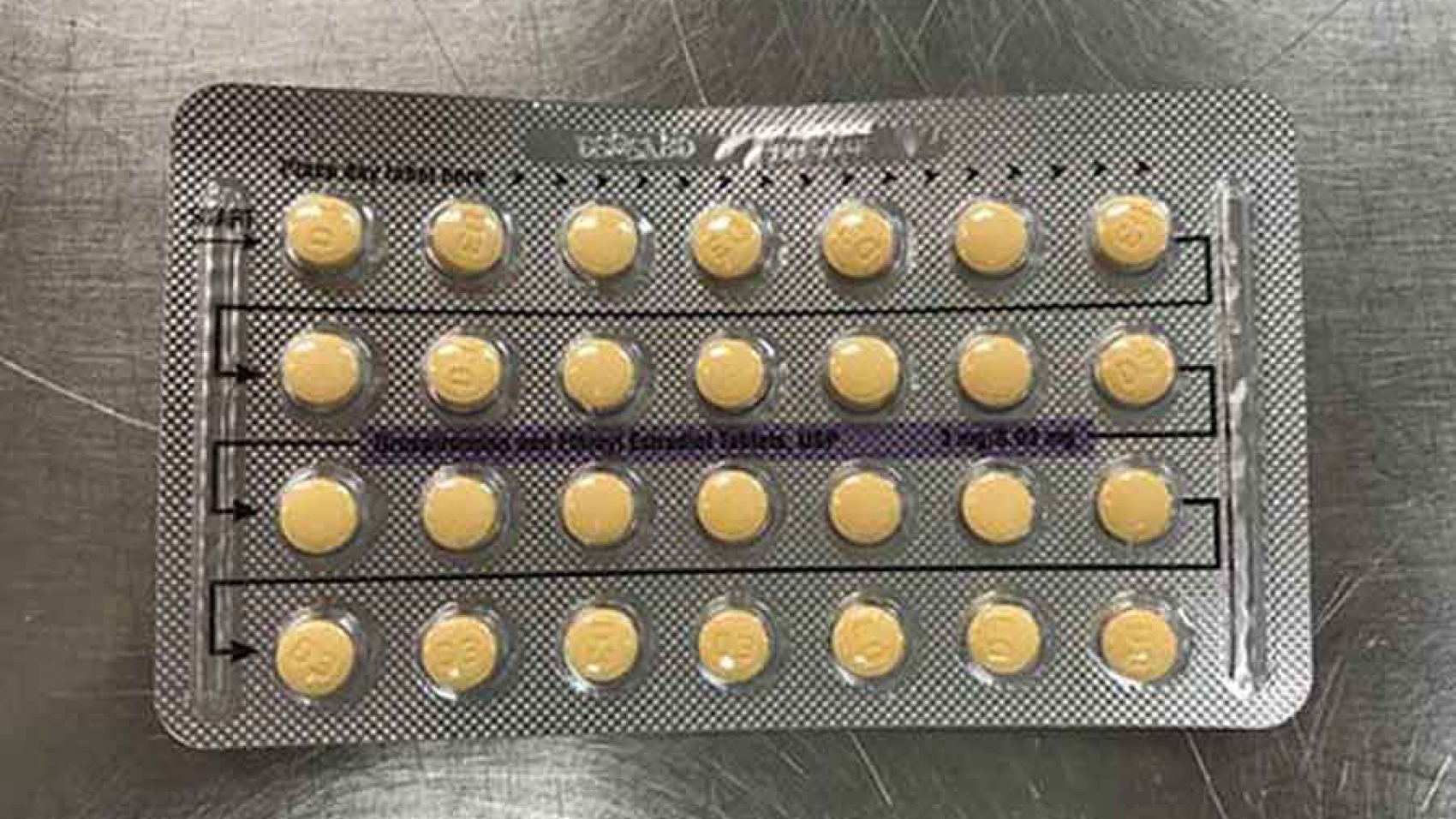Intermittent Fasting for Women
Intermittent fasting is a lifestyle habit that limits eating to a specific time window.
Women can safely intermittent fast and derive significant health benefits, as long as we listen to our bodies and modify the practice accordingly. When intermittent fasting, we need to honour our cycle and acknowledge that our needs are very different to men's. We are not weaker or more fragile, just different.
Women who are trying to conceive, pregnant or breastfeeding should not intermittent fast. Similarly, women with eating disorders, body image or other health issues should not intermittent fast unless working with appropriate qualified medical professionals.
Intermittent Fasting for Women and Stress
For us women, Intermittent fasting's effectiveness depends on our specific hormone health and our stress levels.
Stress strongly affects our hormones and thus our ability to successfully intermittent fast. Women who mange their stress well, usually derive health benefits from intermittent fasting. Women who are over-stressed may not be able to handle any additional stressors, and will likely not see any benefits from this practice.
Every woman is different. Some of us do great with intermittent fasting, but others are more sensitive to the stress it puts on our body.
How Women Should Intermittent Fast
Women should not aim for the longest fast that they can tolerate, but rather for the shortest fast that gives results.
For us women, it is especially important to monitor our symptoms, such as hunger, fatigue, mood swings, headaches, lack of concentration and loss of menstrual cycle. It is important not to be rigid about intermittent fasting, vary our fasting window, and most importantly, to listen to our body.
Women who are considering intermittent fasting should make sure that their adrenal glands are strong and working optimally.
Intermittent Fasting for Women Who Have a Cycle
There are three main phases to your menstrual cycle. The follicular phase occurs during the first 10-14 days of your cycle (with day 1 being the first day you start bleeding). The ovulation generally happens over the course of 3-5 days in the middle of your cycle. The luteal phase is the time period after ovulation and before the start of your next period. It is generally a 7-10 day window.
During perimenopause, hormones levels fluctuate as a result of fewer ovulations, and less progesterone is produced.
- Day 1-10: Can intermittent fast. Body is trying to make estrogen. If desired, conducive to limiting carbohydrates.
- Day 11-15: Can intermittent fast, preferably no more than 13 hours. Women typically ovulating. Estrogen and testosterone at their highest; progesterone starting. Focus on creating a strong microbiome with a varied Mediterranean diet, adequate sleep and movement.
- Day 16+: No intermittent fasting until the day you menstruate or know you have conceived. Support body with hormone producing foods (listed below). Progesterone is at highest level, and estrogen also rises.
Intermittent Fasting for Women Who Don't Have a Cycle
After menopause, ovaries in women shut down, and sex hormones are made mainly by the adrenal glands and fat tissue. Estrogen is still produced, but in much lower quantities. Very little progesterone is made.
It is important to manage stress effectively, and to ensure the adrenal glands are working optimally. It is very important to ensure adequate progesterone because research shows it may influence brain and cognitive health.
- 5 days a week of intermittent fasting, preferably 13 hours.
- 1 day a week of longer intermittent fasting (14-16 hours)
- 1 day a week of healthy feasting
Symptoms of Low Progesterone
In women who have a cycle, progesterone is mainly produced in the ovaries and fluctuates around a women’s menstrual cycle. In women who do not have a cycle, progesterone is mainly produced in the adrenal glands.
- Irregular menstrual cycle
- Infertility
- Headaches or migraines
- Mood changes, including anxiety, depression or agitation
- Weight gain
- Hair loss
- Fibroids
Foods that Boost Progesterone
- Beans
- Peas
- Pumpkin, squash, sweet potatoes and yams
- Cruciferous vegetables such as broccoli, cauliflower, brussel sprouts, cabbage, etc.
- Nuts and seeds
- Citrus and tropical fruits, and berries
- Wild salmon and grass-fed meats
Other Ways to Boost Progesterone
- Manage stress effectively
- Mild exercise. Avoid over-exercising
- Supplements such as magnesium. B vitamins, zinc, vitamin C
- Seed cycling. Seeds contain phytoestrogens, minerals, vitamins, and healthy fats which help balance hormone levels. Consuming certain seeds at specific times during your cycle can help regulate hormones. In seed cycling, you eat 1 tablespoon each of ground flax and pumpkin seeds during the first half of your cycle (day 1 until ovulation) and 1 tablespoon each of sunflower and sesame seeds in the second half.






